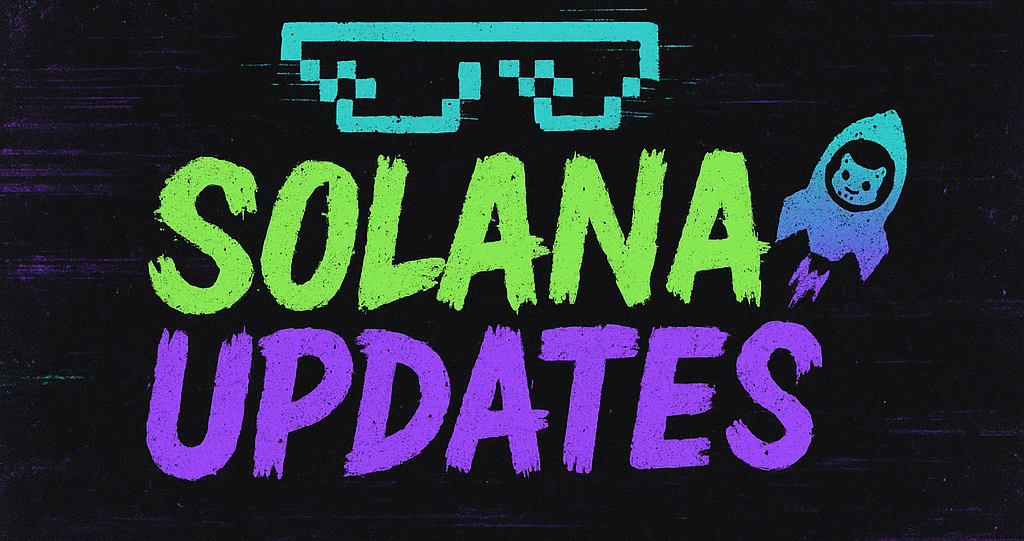In a groundbreaking move for the world of sports and digital technology, FIFA has ventured into blockchain-based ticketing for the 2026 World Cup. However, this innovation has not gone unnoticed by the Swiss gambling regulator, Gespa, which has recently initiated a preliminary review of these NFT-based ticket access systems.
The 2026 World Cup, set to take place across North America, is poised to be a historic event not only for its scale and location but also for its technological advancements in ticketing. FIFA’s decision to leverage blockchain technology marks a significant shift towards digital innovation, aiming to enhance security and combat ticket fraud. With blockchain’s decentralized and tamper-proof features, the new system is designed to ensure transparency and authenticity in ticket distribution and usage.
Despite these promising features, the introduction of blockchain technology into such a high-profile event has raised eyebrows, prompting Gespa to conduct a thorough review. The Swiss regulator, responsible for overseeing gambling and associated activities, has taken an interest in understanding how these NFT tickets operate and whether they comply with existing regulations.
As of now, the investigation by Gespa remains in its preliminary stages, with no allegations of misconduct or wrongdoing directed at FIFA. The regulator’s primary focus is to assess the blockchain technology’s implications and ensure that it aligns with Swiss laws and international standards governing digital assets and their use.
FIFA, on its part, has expressed confidence in the robustness and integrity of its new ticketing system. In a statement, a spokesperson for FIFA emphasized the organization’s commitment to innovation and transparency, highlighting the potential benefits blockchain technology can bring to large-scale events. They assured stakeholders that they are cooperating fully with Gespa’s review.
Experts in the blockchain and sports industries have weighed in on the situation, suggesting that while regulatory scrutiny is expected in such pioneering initiatives, the move by FIFA could set a precedent for other large-scale events. If successful, blockchain ticketing could become a norm, reducing fraud and enhancing fan experiences worldwide.
The outcome of Gespa’s review could have broader implications beyond just the footballing world. It may influence how other sports organizations and entertainment sectors adopt blockchain technology. As digital assets and NFTs continue to permeate various industries, regulatory bodies are increasingly tasked with balancing innovation with consumer protection and legal compliance.
For now, the global community watches closely as FIFA and Gespa navigate this uncharted territory. The successful implementation of blockchain-based tickets at the World Cup could revolutionize event management and ticket sales, setting a new standard for security and efficiency in the digital age.
As the world anticipates the 2026 World Cup, the unfolding review by Gespa will be a crucial development to follow. It will determine not just the future of digital ticketing in sports but perhaps the broader adoption of blockchain technology in various sectors.
🛒 Recommended Product: Check out top-rated crypto gear on Amazon


